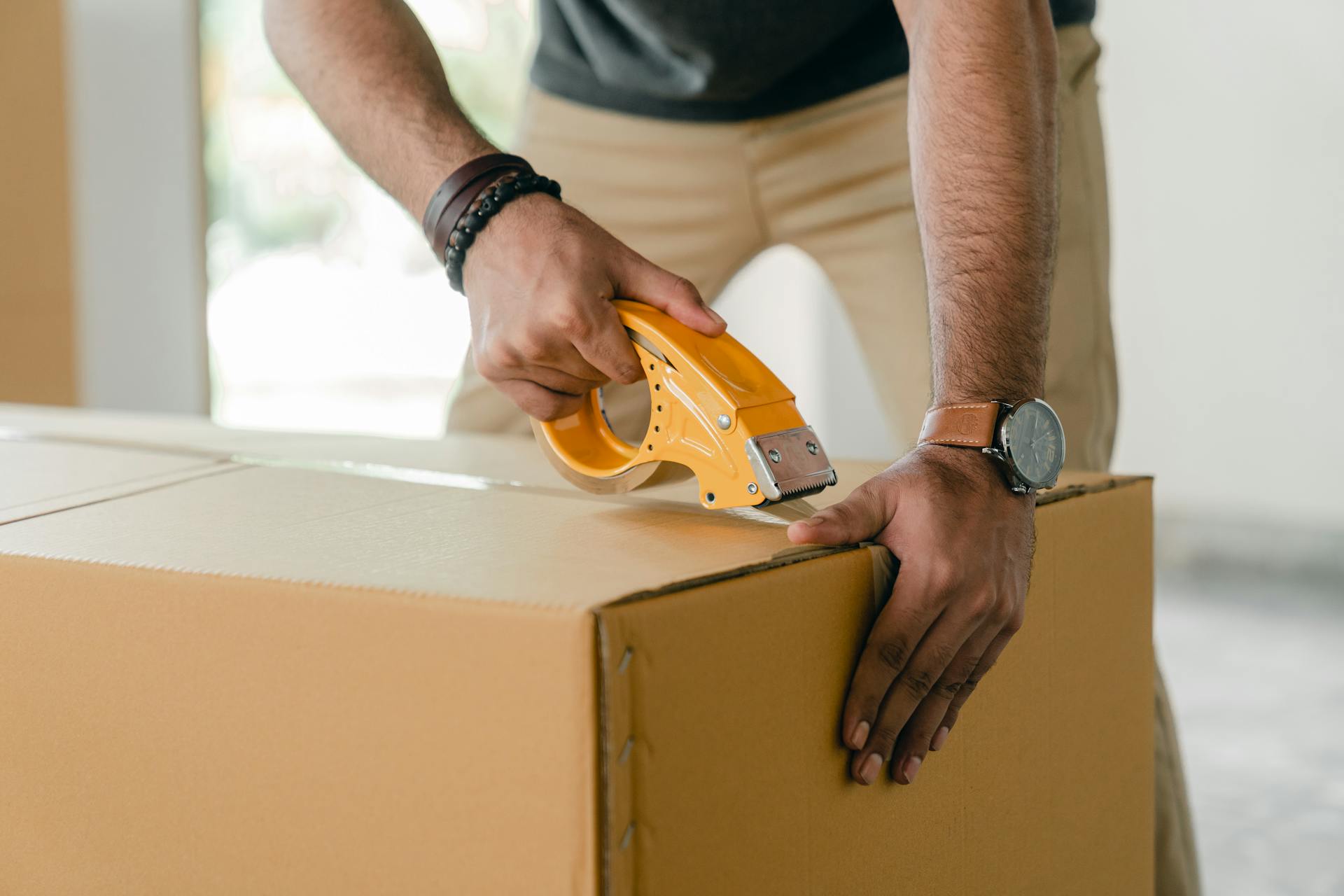Most individuals think about shifting as a time of pleasure — a brand new house, a distinct neighborhood, perhaps even a brand new metropolis to discover. However what many don’t discuss is how emotionally draining the method will be. Based on a number of surveys, shifting ranks among the many most irritating life occasions, usually leaving individuals feeling anxious, unsettled, and even unhappy.
It’s not nearly packing and unpacking. Shifting means stepping out of consolation zones, forsaking routines, and going through the uncertainty of latest environment. You may really feel excited one second and overwhelmed the subsequent. It’s regular to query whether or not you made the fitting selection or to overlook the acquainted sounds and faces out of your previous neighborhood.
Understanding this emotional aspect of shifting helps make the method smoother. It doesn’t make the sentiments disappear, nevertheless it offers them context. When you understand why you’re feeling this fashion, it turns into simpler to handle. This text explores these feelings — those individuals hardly ever talk about — and presents methods to cope with them in a wholesome, sensible method.

1. Why Shifting Feels More durable Than It Seems
From the surface, shifting seems like a bodily process — packing containers, furnishings, cleansing, and transport. However behind all of it lies a deeper shift. Shifting disrupts a way of stability. It takes away the each day consolation of routine and familiarity. Even small issues, like realizing the place to purchase groceries or the place the sunshine switches are, can all of the sudden really feel international.
People naturally depend on familiarity to really feel secure.
When that disappears, stress builds up shortly. You’re not simply relocating your issues; you’re additionally relocating your habits and sense of belonging. Working with dependable interstate shifting corporations can ease a few of this pressure, however the emotional aspect nonetheless takes time to regulate. Because of this shifting usually feels tougher than anticipated. Acknowledging that emotional weight is step one towards dealing with it higher.

2. The Hidden Grief of Leaving Acquainted Areas
Leaving a house usually appears like saying goodbye to extra than simply partitions. Each room carries reminiscences — morning routines, laughter, or quiet evenings after an extended day. Strolling away from these moments can set off a quiet form of grief. It’s not dramatic, nevertheless it’s actual.
Many individuals underestimate this emotional affect. They rush by packing and inform themselves it’s only a home. However attachment runs deeper. You construct emotional ties to your environment with out realizing it. Lacking a well-recognized road or the sound of your neighbor’s canine isn’t foolish — it’s an indication of connection.
Recognizing this sense of loss can truly aid you transfer ahead. Take a second to say goodbye to your previous place. It would really feel unusual, nevertheless it offers you closure. It helps you settle for that it’s okay to overlook what you’re forsaking.

3. When Sorting Issues Feels Emotionally Heavy
Packing needs to be easy — kind, field, label, transfer. However when each merchandise holds a reminiscence, it may well flip into an emotional problem. Deciding what to maintain or throw away can convey up emotions you didn’t count on. Outdated presents, photographs, or childhood gadgets remind you of individuals or moments that formed your life.
It’s regular to really feel hooked up to belongings. They symbolize tales and experiences. However carrying the whole lot with you isn’t all the time sensible. Attempt to concentrate on what actually issues. Select a number of significant issues and let go of the remaining. Making a small “reminiscence field” for sentimental gadgets helps protect reminiscences with out cluttering your new house.
Sorting by your issues isn’t nearly group. It’s additionally a quiet technique of reflecting in your previous earlier than moving into a brand new chapter.

4. When Pleasure Turns Into Anxiousness
The early phases of shifting usually really feel thrilling. You make plans, browse for furnishings, and picture how the brand new place will look. Then, someplace in the course of packing and paperwork, that pleasure fades. You begin feeling stressed, drained, and even anxious.
This occurs as a result of shifting challenges each the physique and thoughts. There’s fixed decision-making, an extended listing of duties, and limitless uncertainty. The stress to do the whole lot completely could make you’re feeling drained.
Attempt breaking huge duties into smaller ones. Deal with one factor at a time. Maintain a brief to-do listing that feels achievable. Take breaks. Small, constant actions aid you keep calm and stop burnout.

5. How Easy Routines Assist You Really feel Grounded Once more
When the whole lot round you adjustments, each day routines can convey a way of calm. Easy actions like having breakfast on the identical time or taking an night stroll assist your physique and thoughts alter. These small habits construct a rhythm that replaces the one you misplaced once you moved.
Psychologists usually word that routines scale back stress by giving construction to your day. They assist your mind concentrate on predictable duties as an alternative of fixed uncertainty. You don’t want a strict schedule — even repeating a number of acquainted actions could make an enormous distinction.
If mornings used to start out with espresso and studying, hold that behavior in your new house. It offers a way of normalcy in a brand new setting. Over time, these routines flip into anchors that make your new environment really feel acquainted and secure.
6. Tips on how to Really feel “At House” in Your New Place
Feeling at house takes time, however small actions can pace up the method. Begin by personalizing your house — dangle acquainted photographs, organize your furnishings the best way you want, or add scents that remind you of consolation. These small touches sign to your mind that that is your house now.
Constructing a connection along with your neighborhood additionally helps. Go to native shops, be taught close by routes, and greet neighbors. The extra acquainted your environment change into, the much less international they really feel.
Cooking a favourite meal or internet hosting a small gathering may also make your new house really feel hotter. What issues most is consistency — utilizing your house each day and filling it with small constructive moments till consolation grows naturally.
Shifting stirs up greater than packing containers and plans — it stirs feelings, reminiscences, and id. Feeling uneasy, drained, or unhappy after relocating isn’t an indication of weak spot; it’s a traditional response to main change.
By understanding what’s behind these feelings, you possibly can deal with them with extra endurance and self-awareness. Routines, trustworthy communication, and sensible assist make an enormous distinction. Over time, the disappointment fades, and the unfamiliar turns into acquainted.
Each transfer reshapes life indirectly. Whereas it might begin with stress, it usually ends with development. Adjusting takes time, however once you look again, you’ll see that every problem helped you construct a stronger, extra adaptable model of your self.
For extra on the newest in inside and decor reads, click on right here.


